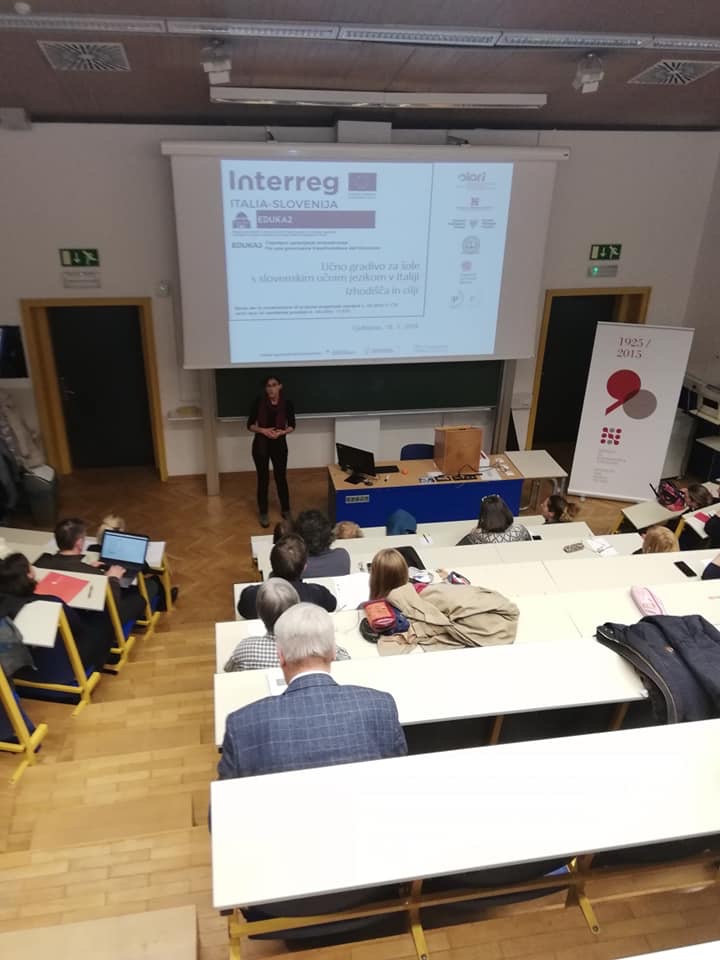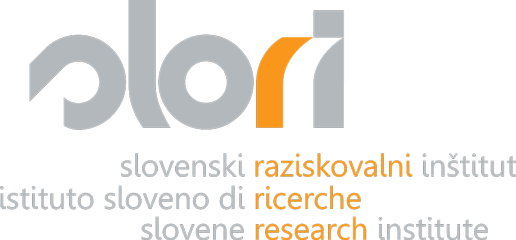The EDUKA2 project focuses on a common challenge identified in the programme area in question, namely the issue of cross-border cooperation in the field of education. By and large the project aims to strengthen such capacity for cooperation and thus change the status quo. This will be achieved by developing tools for concerted governance and creating unified teaching and educational models. The activities envisioned will be especially useful to schools and universities in this programme area and will have three direct effects. Firstly, they will lead to the creation of a common strategic document on joint teaching models, including guidelines, unified teaching methods and common contents on topics such as the preservation of cultural, linguistic, environmental and natural resources. This strategic document will be drafted by a network for cross-border cooperation comprised of schools, universities, research centres and ethnic or linguistic minority institutions. Secondly, project activities include joint teacher training, which will enable the implementation of joint teaching models in schools and universities. Thirdly, these activities will result in the creation of a unified strategic document for universities and other shareholders. This strategic document aims to facilitate the recognition of academic titles and qualifications of students and graduates that are pursuing their studies in the field of education in the neighbouring country. To this aim, support material and services will be designed and training provided for staff working at various universities. Establishing a network for cooperation among teachers from various schools and universities on the one hand and researchers on the other is key for improving cross-border cooperation, since it allows them to combine the latest theoretical knowledge with direct practical experience available in both countries. This project offers a new and original solution, i.e. that of promoting the use of technology in education by means of online teaching resources and e-learning programmes.

For further information about the presentation please refer to the news in Slovenian language.
